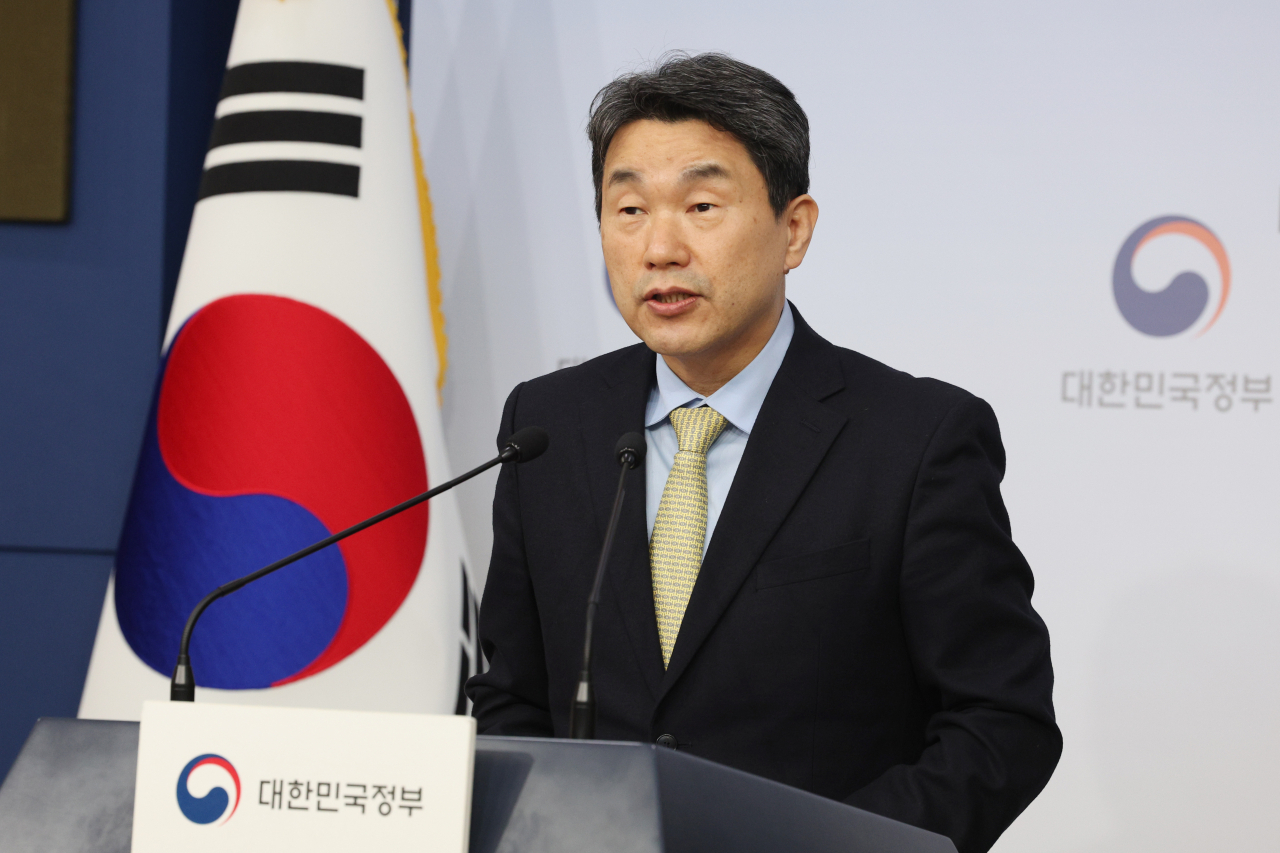Special zones to test autonomous education policies
By Choi Jeong-yoonPublished : Feb. 28, 2024 - 14:54

The government has designated six metropolitan cities and 43 local areas as trial special education zones where local governments and education offices will work with local universities and industries to autonomously create education policies, the education minister said Wednesday.
As one of the four special projects promoted by the Yoon Suk Yeol administration to foster regional growth, the project aims to bridge the education gap and create conditions so that young people will want to stay in the region, he said.
The trial zones, which will include the cities of Busan, Daegu, Gwangju and Daejeon, will be eligible to receive between 3 billion won ($2.25 million) and 10 billion won in funding and have various regulations lifted.
Each regional zone has put forward educational proposals considering the characteristics of each region, said Jang Sang-yoon, senior presidential secretary for social policy, during a press briefing.
For instance, Gangwon Province plans to join hands with the animation industry by growing its already existing animation high school to specialize in animation in media. Busan said it wants to cooperate with regional organizations to take care of children, from newborns to elementary school students, by providing 24-hour care centers.
Other regions have proposed plans to attract international students and foster them as industrial talents, linking them up with employment and helping them settle in the region as a means to grow global competitiveness and proactively respond to the depopulation crisis.
"The education revolution will start from the local level through the special education zone," said Education Minister Lee Joo-ho. "By improving local education to the world's highest level, we will not only overcome the crisis of regional attrition and a low birth rate but also create a second Korean education miracle that will lead the world."
Of the 31 designated pilot areas, 19 will be classified as leading regions to test operate for three years and will be designated as official special zones after a comprehensive evaluation by the special education zone committee.



















![[Today’s K-pop] Treasure to publish magazine for debut anniversary](http://res.heraldm.com/phpwas/restmb_idxmake.php?idx=642&simg=/content/image/2024/07/26/20240726050551_0.jpg&u=)